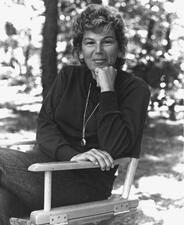
Miriam Dworkin Waddington
Miriam Dworkin Waddington was a distinguished and pioneering Canadian poet and literary critic. Her original poetry included many explicit references to her Jewish secular outlook, and other poems were infused with a commitment to social justice that drew on that same source. Impatient with the Canadian “canon” of her time, she introduced to wider audiences the works of A.M. Klein and poets writing in Yiddish with her literary criticism and her translations.
Salome Gluecksohn Waelsch
Salome Gluecksohn Waelsch combined embryology and genetics to form a new discipline, developmental genetics, a science that investigates the genetic mechanisms of development. For over sixty years, Waelsch made fundamental discoveries in mammalian development and cancer research.
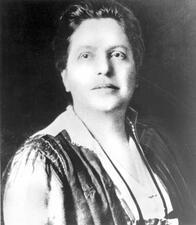
Lillian D. Wald
Guided by her vision of a unified humanity, Lillian D. Wald passionately dedicated herself to bettering the lives and working conditions of immigrants, women, and children. She founded the Henry Street Settlement in New York City and initiated America’s first public-school nursing program. A talented activist and administrator, Wald’s pathbreaking work continues to be memorialized.
Julia Waldbaum
In addition to being a well-known philanthropist, Julia Waldbaum owned a chain of grocery stores that she started with her husband. Over the course of her career, Waldbaum’s franchise expanded to as many as 140 locations in New York, Connecticut, and Massachusetts.
Käte Wallach
Käte Wallach was a German lawyer who, due to her being Jewish, was unable to practice law in her country. After migrating to the United States in 1935, Wallach re-enrolled in law school, during which she was enthralled by library science and became a prominent scholar in both fields.
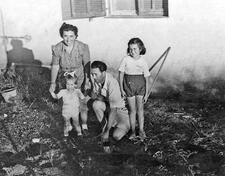
Yona Wallach
Regarded by many of her friends and colleagues as the most important among the young Israeli poets of the 1960s, Yona Wallach has had a profound effect on Israel’s cultural life ever since her works began to appear in periodicals in the early 1960s, despite her early death from cancer in 1985.
Walldorf Camp: Hungarian Jewish Women (August-November 1944)
In addition to the large, well-known concentration camps, hundreds of small labor camps existed during the Second World War, among them the Walldorf Camp at the Frankfurt airport in Germany. On August 19 and 20, 1944, 1,700 Hungarian women between 14 and 44 years of age were selected and taken to Frankfurt to build the first concrete runway for the Messerschmidt 262 jet plane.
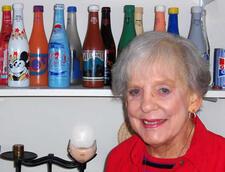
Mollie Wallick
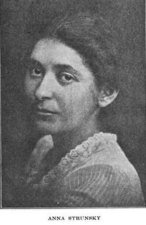
Anna Strunsky Walling
Anna Strunsky Walling was a Russian-born author, journalist, lecturer, and social activist. She produced several novels and memoirs and was involved in a number of political organizations, including the Socialist Labor Party and the National Association for the Advancement of Colored People, which she and her husband helped found.
Margarethe Wallmann
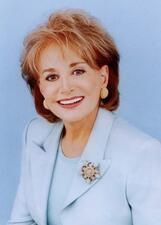
Barbara Jill Walters
Barbara Walters has probably interviewed more statesmen and stars than any other journalist in history. A list of her numerous and timely TV interviews, both on the weekly newsmagazine 20/20 and on The Barbara Walters Specials, reads like a "Who's Who" of newsmakers.
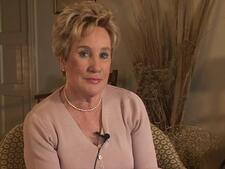
Miriam Waltzer
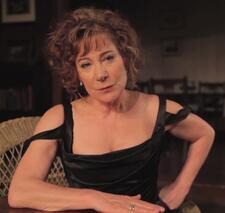
Zoe Wanamaker
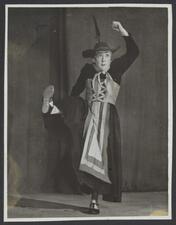
Cilli Wang
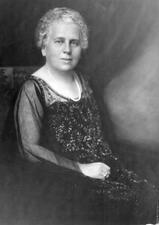
Frieda Schiff Warburg
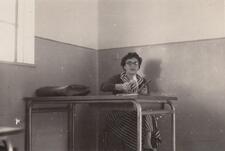
Charlotte Wardi
Marie Pichel Levinson Warner
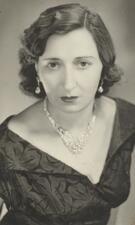
Dora Wasserman
Dora Wasserman created a place for Yiddish theater in Canada by founding a theater and adapting great works of Yiddish literature for the stage. After World War Two, Wasserman immigrated from the Soviet Union to Montreal, formed the Yiddish Drama Group, and produced plays and musicals. She was the first to demonstrate that a theater of diversity could survive and flourish in Canada, and she did so with an all-consuming selfless dedication to her art.
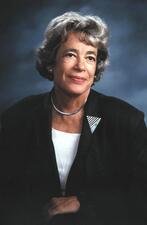
Elga Ruth Wasserman
Chemist Elga Wasserman – a recipient of a Ph.D. in organic chemistry from Harvard in 1949 and a J.D. from Yale in 1976 – is best known for overseeing the entrance of the first coeducational class at Yale College in 1969.
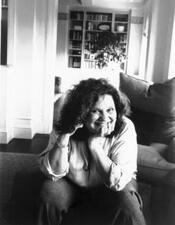
Wendy Wasserstein
In 1989, Wendy Wasserstein won the Pulitzer Prize for The Heidi Chronicles and was the first woman playwright to win a Tony Award. After graduating from the MFA program at the Yale School of Drama, in which she was the only woman, Wasserstein wrote countless dramas, three musicals, various comedy skits for television, and a series of essays published in the New Yorker, Esquire, and Harper’s Bazaar.
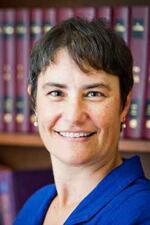
Deborah Waxman
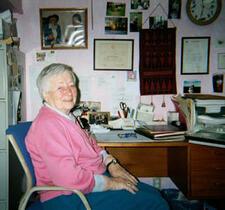
Gertrude Webb
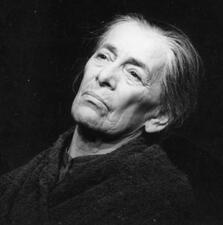
Helene Weigel as “Mother” in Bertolt Brecht's play The Mother. September 30, 1967.
Helene Weigel
Helene Weigel was an actress and director known for her maternal roles in Bertolt Brecht’s plays and her incredible kindness and generosity. Weigel married Brecht in 1922 and they fled Germany during the war, returning to East Germany after the war. Weigel was known for her strength, energy, diplomacy, and good humor as she managed an acting career and dealt with many challenges in her lifetime.
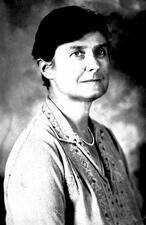
Gertrude Weil
A dedicated activist for women’s rights and racial equality, Gertrude Weil showed that local, small-scale political action could have far-reaching effects. Her decision to associate herself with a relatively radical social and political agenda was unusual for a southern woman and even more uncommon for a southern Jew. Weil, however, strayed from this norm, because she believed that women had a responsibility to participate in the political process.
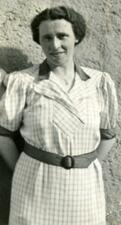
Helen Weil
Helen Weil was a devoted gerontologist in and around Cleveland, Ohio. A German-Jewish refugee herself, in addition to teaching at Western Reserve University, Weil developed thorough social services and programs for elderly Jewish residents at Montefiore Home before going on to found and direct the Schnurmann House.


